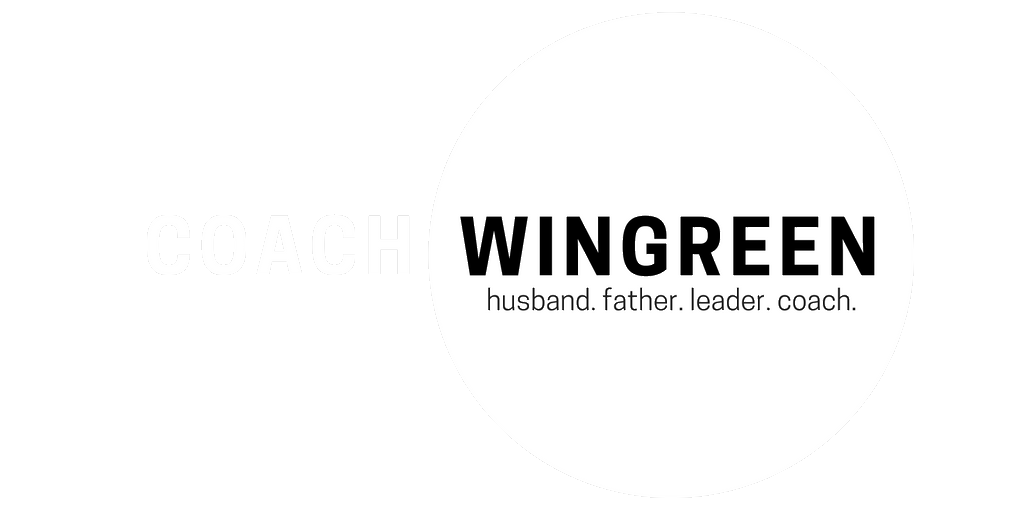The way we respond to both our mistakes and our success will often put our toughness on display. When we mess up, how do we respond? When we experience a big win, how do we respond? Our body language speaks volumes, and through the highs and lows we need to have a strong face.
I arrived early to the University of North Carolina's morning shoot around at Notre Dame. The UNC team bus hadn't arrived yet, but there were two guys that came early with the managers; Seventh Woods and Joel Berry. As I watched them go through their workouts, I became intrigued with the way Joel Berry performed. Not because he was doing unique drills or making every shot, but because of the body language that he displayed. He communicated a strong face.
When he made shots, he had a strong face. When he missed shots, he had a strong face. Even when he air-balled his fourth miss in a row, he had a strong face. His body language never waivered and he had a "Teflon" memory, allowing both the good and the bad to bounce off of him. He transitioned to the "next play" every time. He never cussed and he never allowed his emotions to overcome him.
As I watch players workout, there is always a wide spectrum in which they respond to makes and misses. Some celebrate every make as if it was the first time they ever made a shot. Some will drop and F-bomb every time they miss as if they are a 100% shooter. Some will hang their head at the first sign of failure and give up. Players need to learn how to have a strong face and move on to the next play. Negative reactions to imperfection is not acceptable and it is an obvious sign up immaturity and lack of toughness.
Duke head basketball coach Mike Krzyzewski said, "Next play is the absence of fear. You have moved on." Negative reactions are excuses and indicate that there is a fear of failure. Your body language will communicate to others if you are mentally tough enough to move on or not.
“Next play is the absence of fear.”
In his book, Toughness, Jay Bilas writes, "'next play" not only leads to consistency; it leads to composure too, because when you take the next play mentality, you are firmly in the present and prepared to make the most important play: this play."
Whether you are a player or a coach, the idea of having a strong face is vital. It's important on the court and it's important off the court. Make it a point to challenge yourself and those around you to respond to their success and failures with a strong face, willing to move on to the next play.

